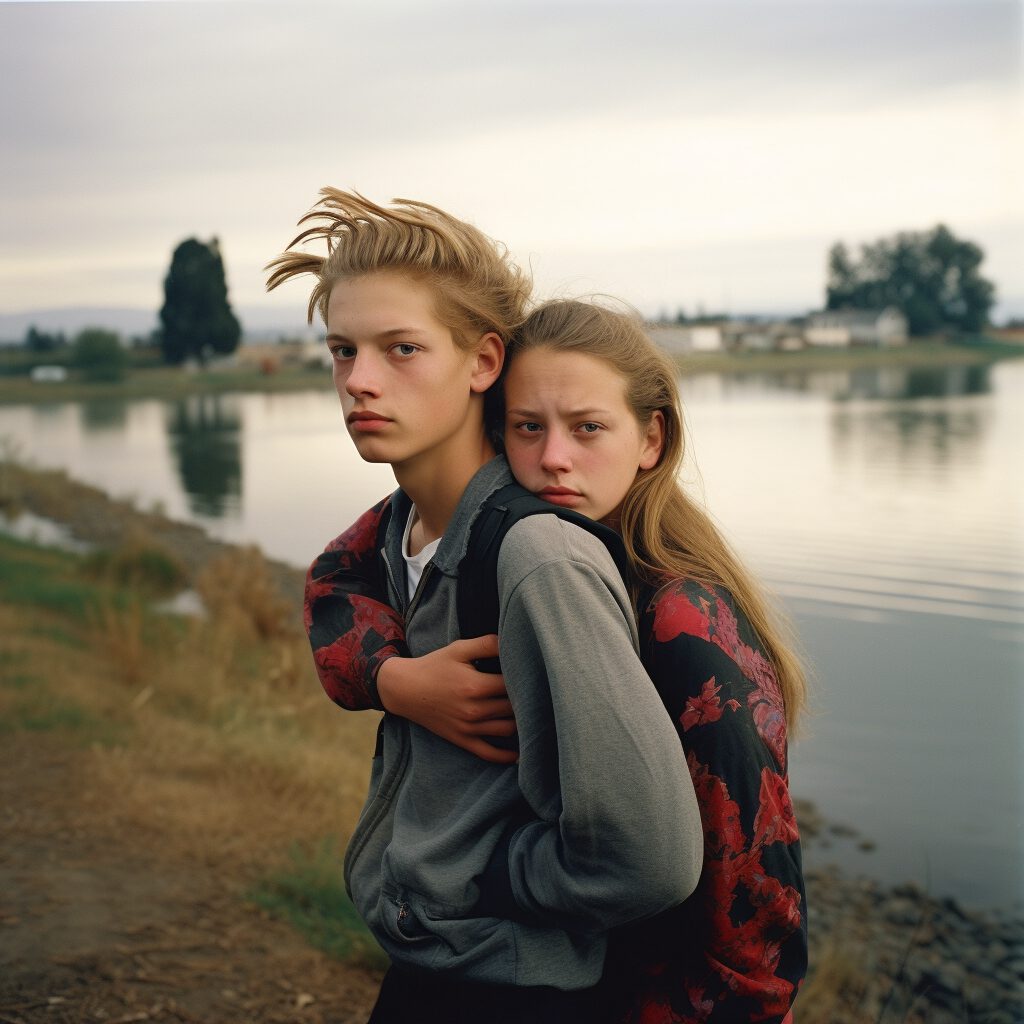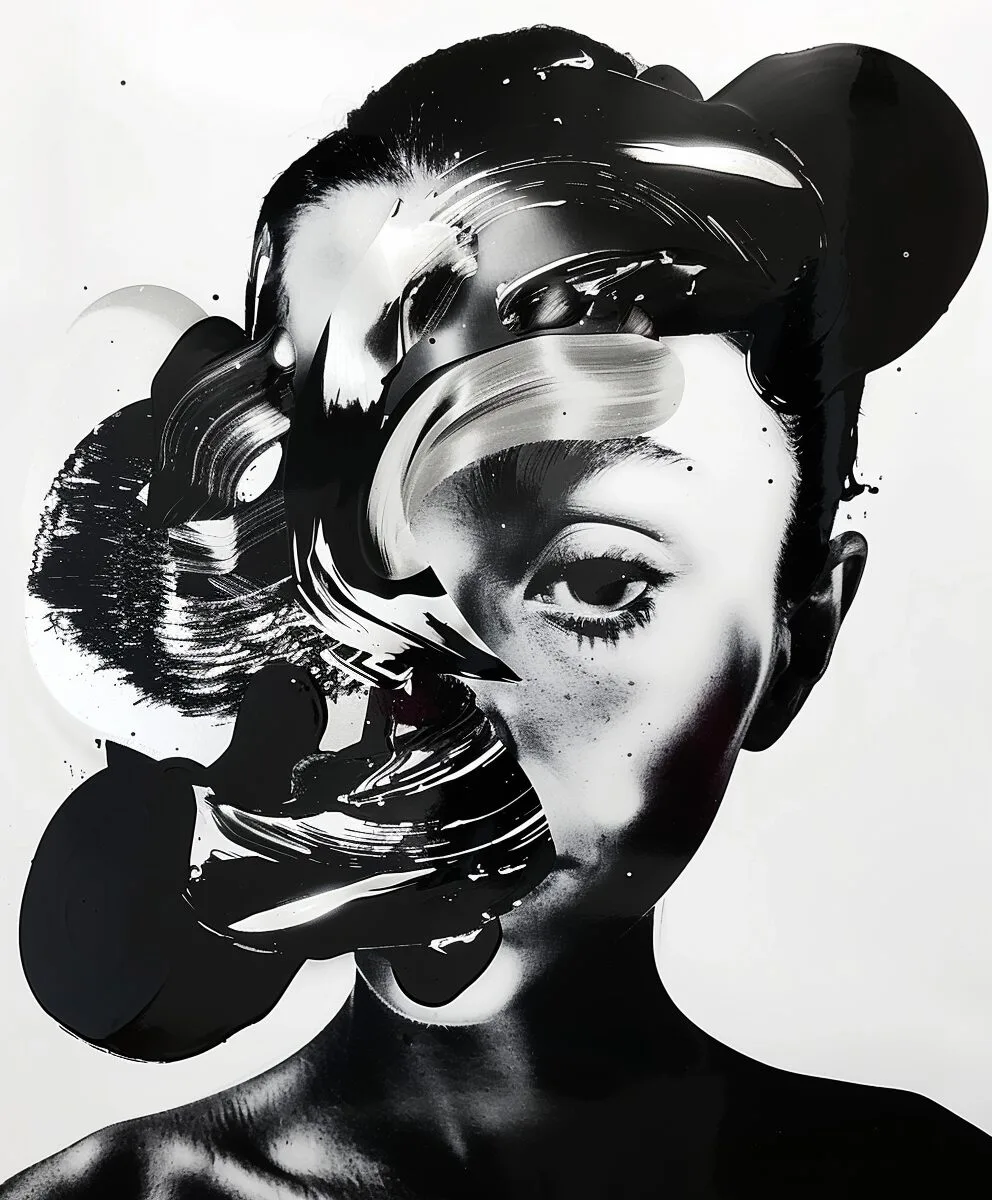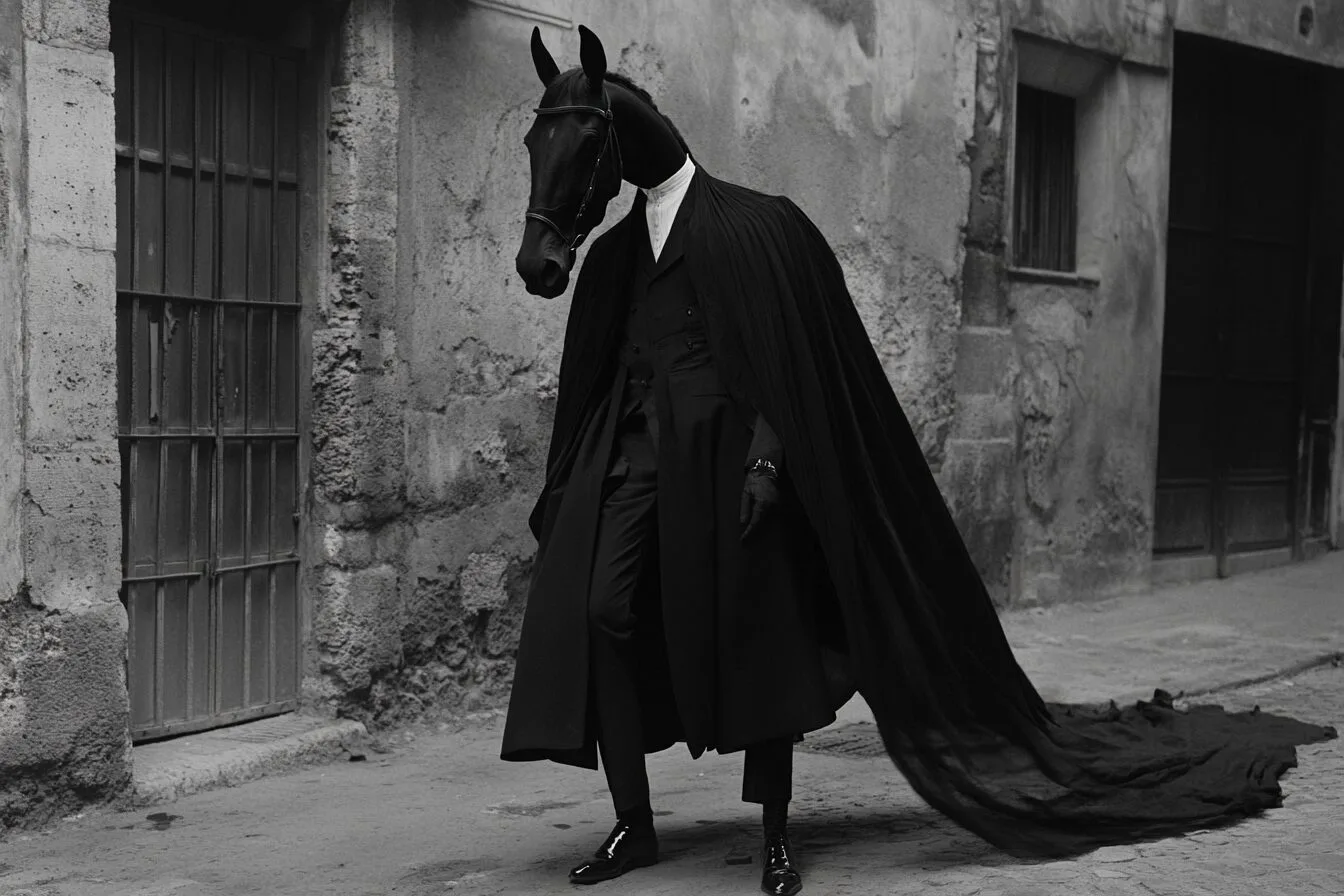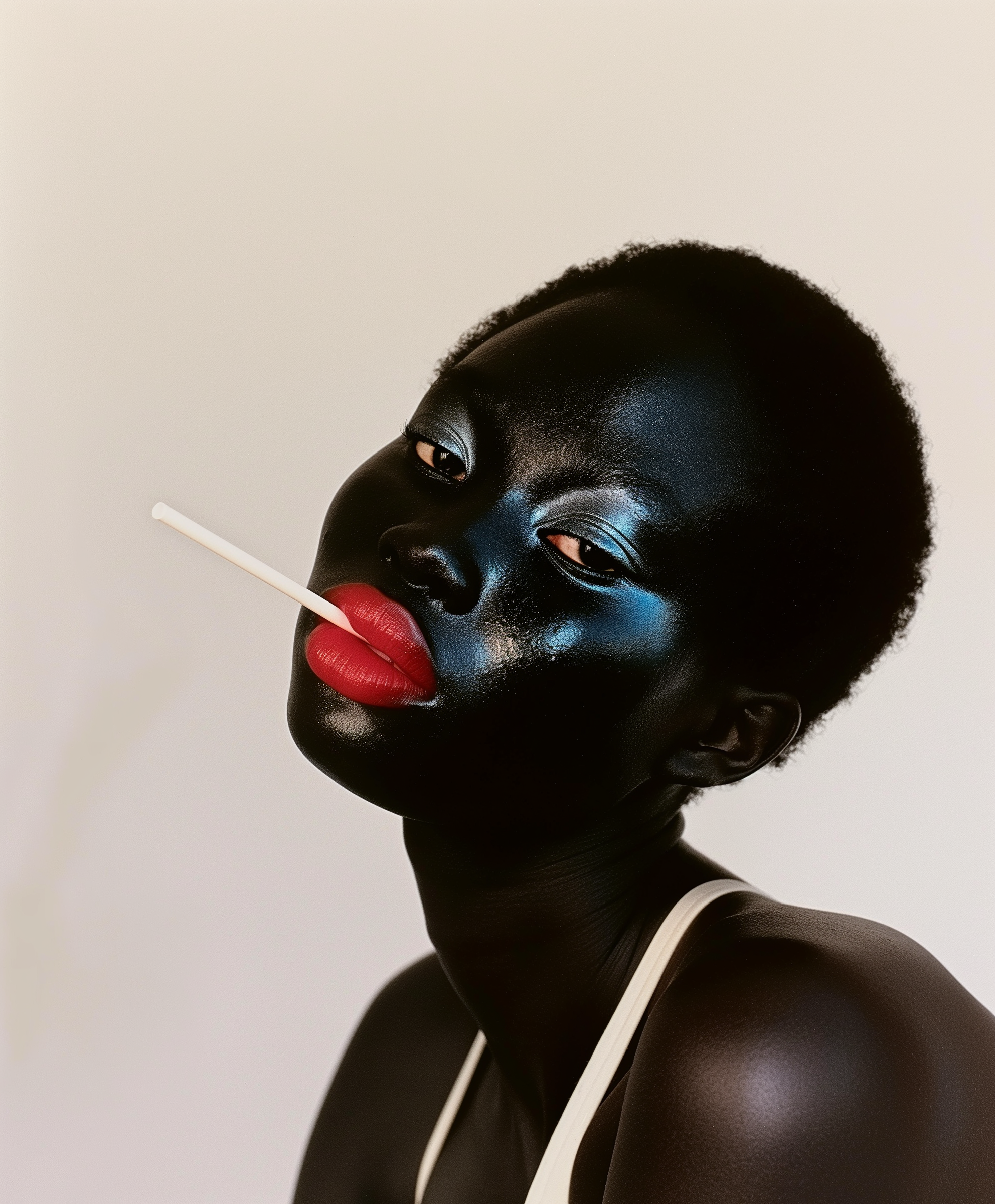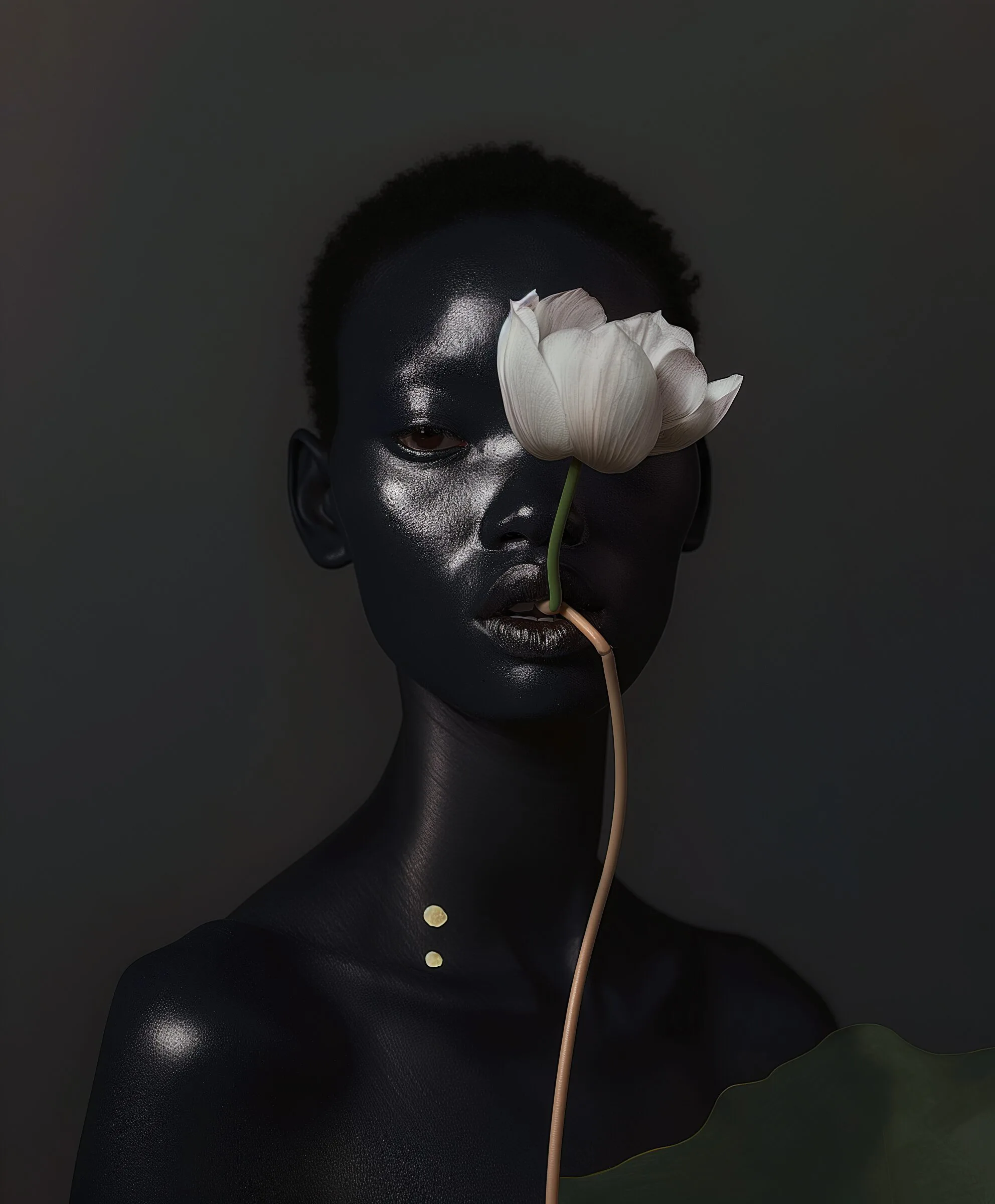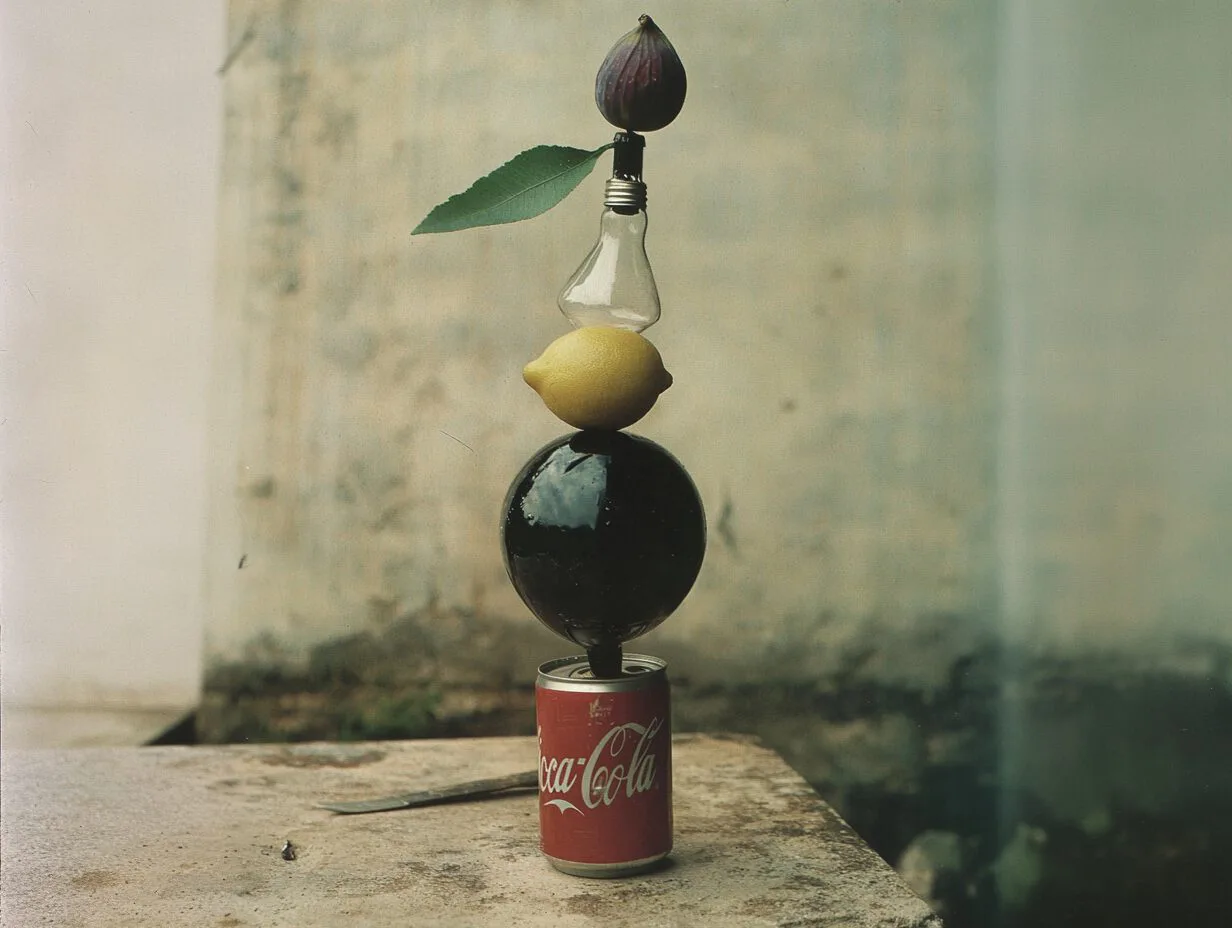Desire
Dreams are more than just aspirations; they embody hope, pushing individuals forward despite the obstacles they encounter. These whispers of our deepest desires urge us to go beyond the confines of reality, reaching for the stars. In Cuba, where reality often merges with fantasy, dreams weave through daily life as threads of resilience. They drive every step, every note, and every word spoken against the status quo. Alongside thoughts, desires, fears, and memories, dreams shape the fabric of our existence, guiding our actions and coloring the world with imagination and insight.
"Thoughts, desires, fears, and memories."
Within the shadows of societal norms, promiscuity emerges as a subtle rebellion, a quiet defiance against the constraints imposed by tradition and expectation. It represents a bold exploration of freedom, where individuals reclaim ownership of their bodies and desires. In this act of liberation, promiscuity challenges the rigid boundaries of morality and conformity, daring to question why intimacy should be confined to sanctioned norms. It stands as a declaration of autonomy, prioritizing personal pleasure and exploration over societal judgments. Yet, beneath this veneer of liberation lies a deeper complexity—a quest for connection amidst transient encounters, a yearning for intimacy veiled by fleeting liaisons. Promiscuity, in its defiance, speaks to the longing for human connection in a world that often dictates the terms of love and intimacy.
"Promiscuity as a Form of Rebellion."
In the domain of macho culture, relationships often devolve into battlegrounds where dominance and control overshadow authentic emotions. Defined by rigid notions of masculinity, macho culture perpetuates an illusion of strength and invulnerability, stifling genuine connections rooted in vulnerability and empathy. It reduces individuals to roles—men as assertive providers and women as submissive objects—oversimplifying the intricate tapestry of human emotions and desires. This cultural paradigm discourages open communication and emotional intimacy, favoring instead a transactional view of relationships where power dynamics eclipse mutual respect and understanding. Consequently, authentic emotional expression is suppressed, and relationships become performances rather than heartfelt exchanges of feelings and experiences. Escaping the confines of macho culture necessitates a redefinition of masculinity that embraces sensitivity and empathy, fostering relationships grounded in sincere connection rather than the rigid expectations of dominance and submission.


































